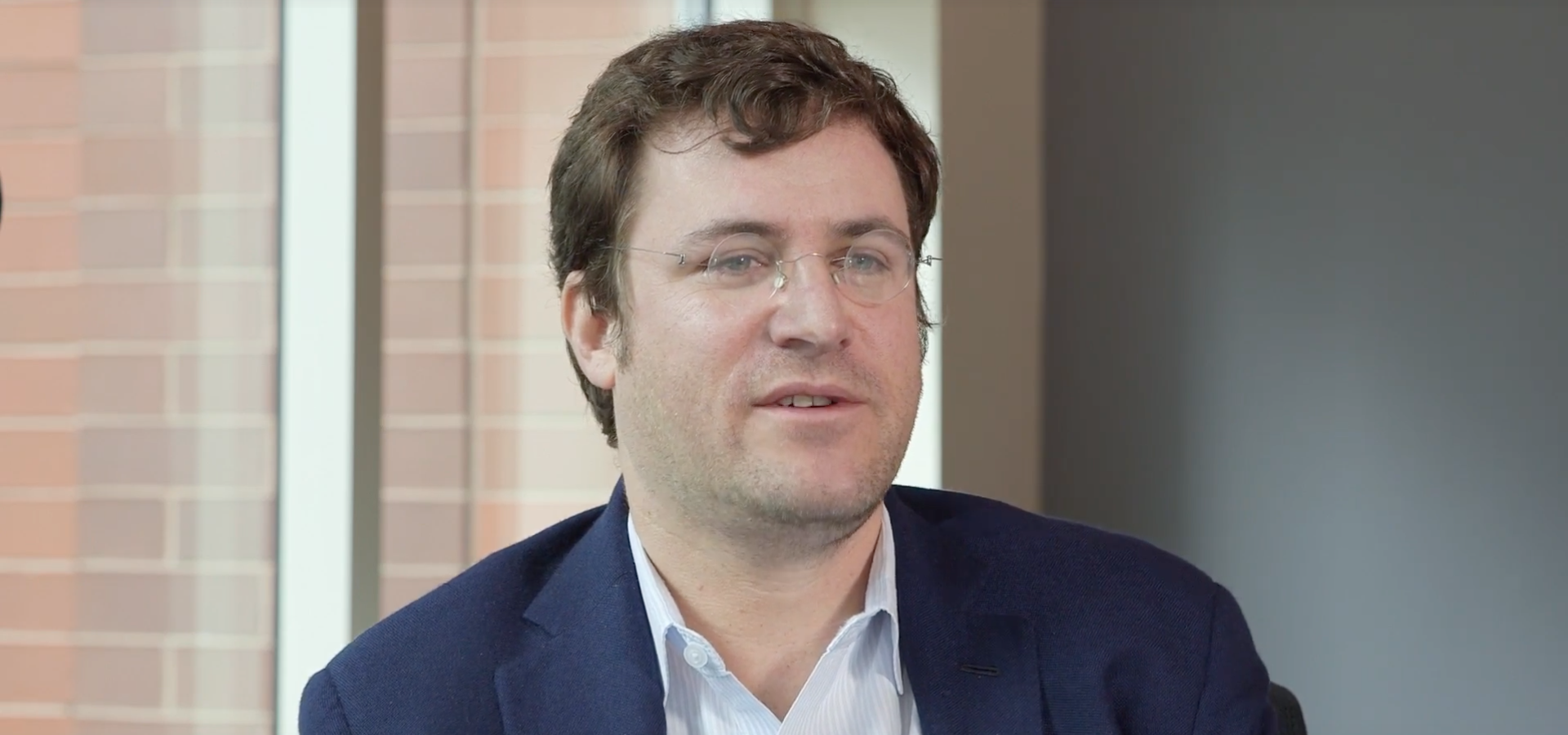The U.S. Supreme Court has rejected Facebook’s attempt to untag itself from a class action lawsuit worth potentially billions of dollars under Illinois’ biometric information privacy law.
On Jan. 21, the Supreme Court denied Facebook’s petition asking the high court to review a California federal appeals court’s ruling, essentially clearing the way for Facebook to face trial over the alleged ways its photo-tagging system violates the Illinois state privacy law.
The Supreme Court’s rejection of the petition for certiorari was delivered without comment from any of the nine justices.

The matter dates back to 2015, when lawsuits were filed against the social media giant, accusing the company of breaking the law known as the Illinois Biometric Information Privacy Act. The lawsuits specifically assert Facebook was required by the BIPA law to obtain written authorization from Illinois residents who were identified by algorithms within Facebook’s platform when photos including their liknesses were uploaded to Facebook. That photo scanning and facial identification process is known as “tagging” on Facebook.
The lawsuits were first filed in Cook County Circuit Court, but then removed at Facebook’s request to federal court in San Francisco, which is near Facebook’s corporate headquarters.
Under the Illinois BIPA law, plaintiffs can demand damages of $1,000-$5,000 per violation. Facebook and attorneys for the plaintiffs, led by lawyers from the Chicago-based class action firm Edelson P.C., have said potentially billions of dollars in damages could be at stake in this case, should it proceed to trial.
Facebook has persistently argued plaintiffs cannot show they were actually harmed by the photo tags, so there is no injury to redress. Facebook also argued the case was too unwieldy to move forward as a class action, because potential class members have too little in common and would require Facebook to challenge millions of individual claims.
In court filings, Facebook noted none of the three named plaintiffs who brought the original lawsuits have even attempted to show how they were harmed, and noted at least one of the three has yet to opt out of the facial identification photo tagging options on his Facebook profile.
In its petition to the Supreme Court, Facebook said the plaintiffs have “never alleged — much less shown — that they would have done anything differently, or that their circumstances would have changed in any way, if they had received the kind of notice and consent they alleged that BIPA requires, rather than the disclosures that Facebook actually provided to them."
However, judges have seen the case differently. Most recently, the U.S. Ninth Circuit Court of Appeals in San Francisco backed up a California federal judge’s determination the lawsuit can proceed against Facebook as a class action.
The decision relied in large part on the Illinois Supreme Court’s interpretation of the BIPA law. In a decision last year, the Illinois high court ruled plaintiffs don’t need to demonstrate they were actually harmed through identity theft or even a heightened risk of exposure in a data breach. Rather, they need only show a company, like Facebook, violated any of the BIPA law’s provisions requiring authorization or notification to slam defendants with lawsuits worth millions or even billions of dollars.
"Plaintiffs seek tens of billions of dollars in statutory damages and, if this Court denies certiorari, the case will proceed quickly to trial,” Facebook said in its petition to the U.S. Supreme Court. “The Ninth Circuit’s decision does not require any Plaintiff in the class to show that he suffered an injury as a result of the alleged statutory violation, and it absolves Plaintiffs of the requirement to demonstrate that common issues predominate over individual ones. Absent this Court’s review, Facebook will likely have only a few weeks to decide whether to litigate the questionable merits of Plaintiffs’ claims in a time-consuming, expensive trial.”
Facebook has been represented by the New York office of the Chicago-based Mayer Brown LLP.
The plaintiffs have been represented by attorney Jay Edelson and others with the firms of Edelson PC, of Chicago and San Francisco; Robbins Geller Rudman & Dowd, of San Francisco; and Labaton Sucharow LLP, of New York City.
